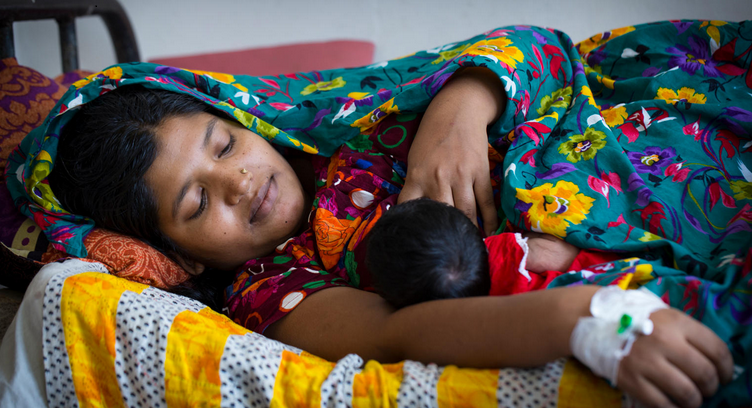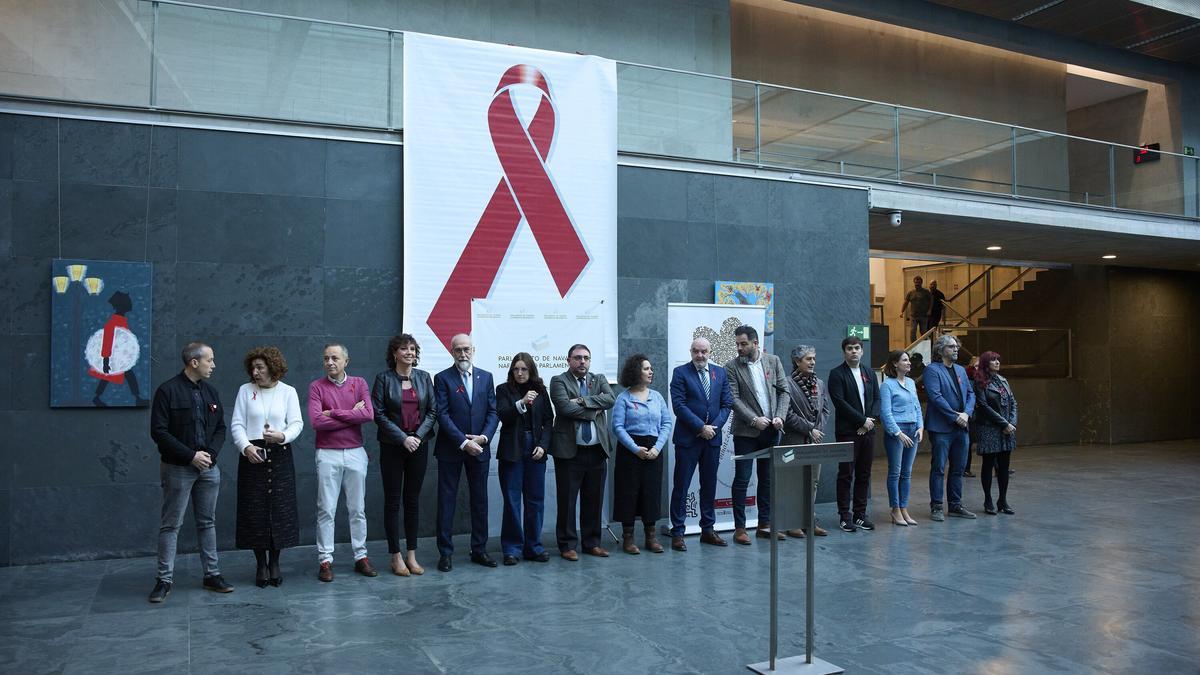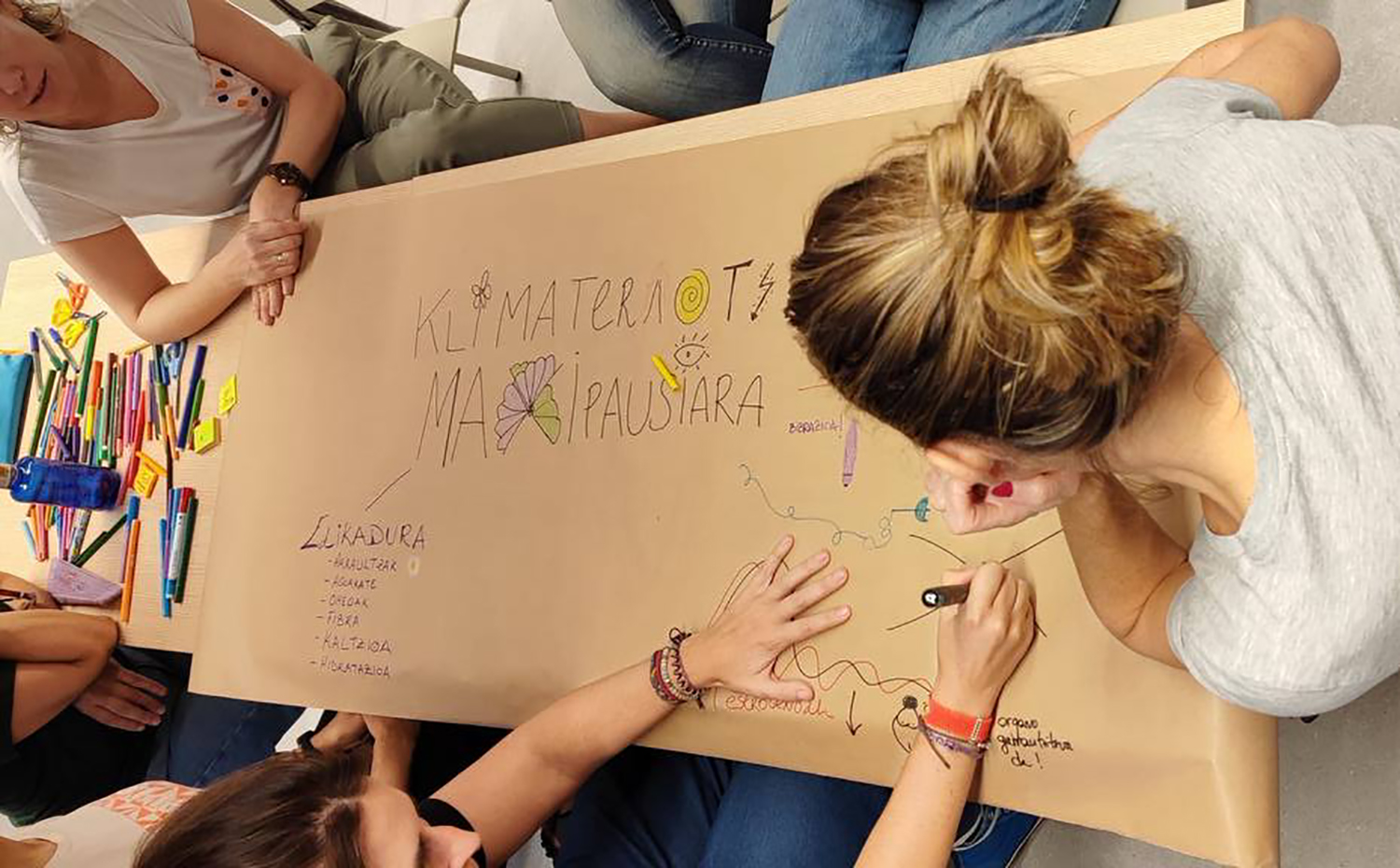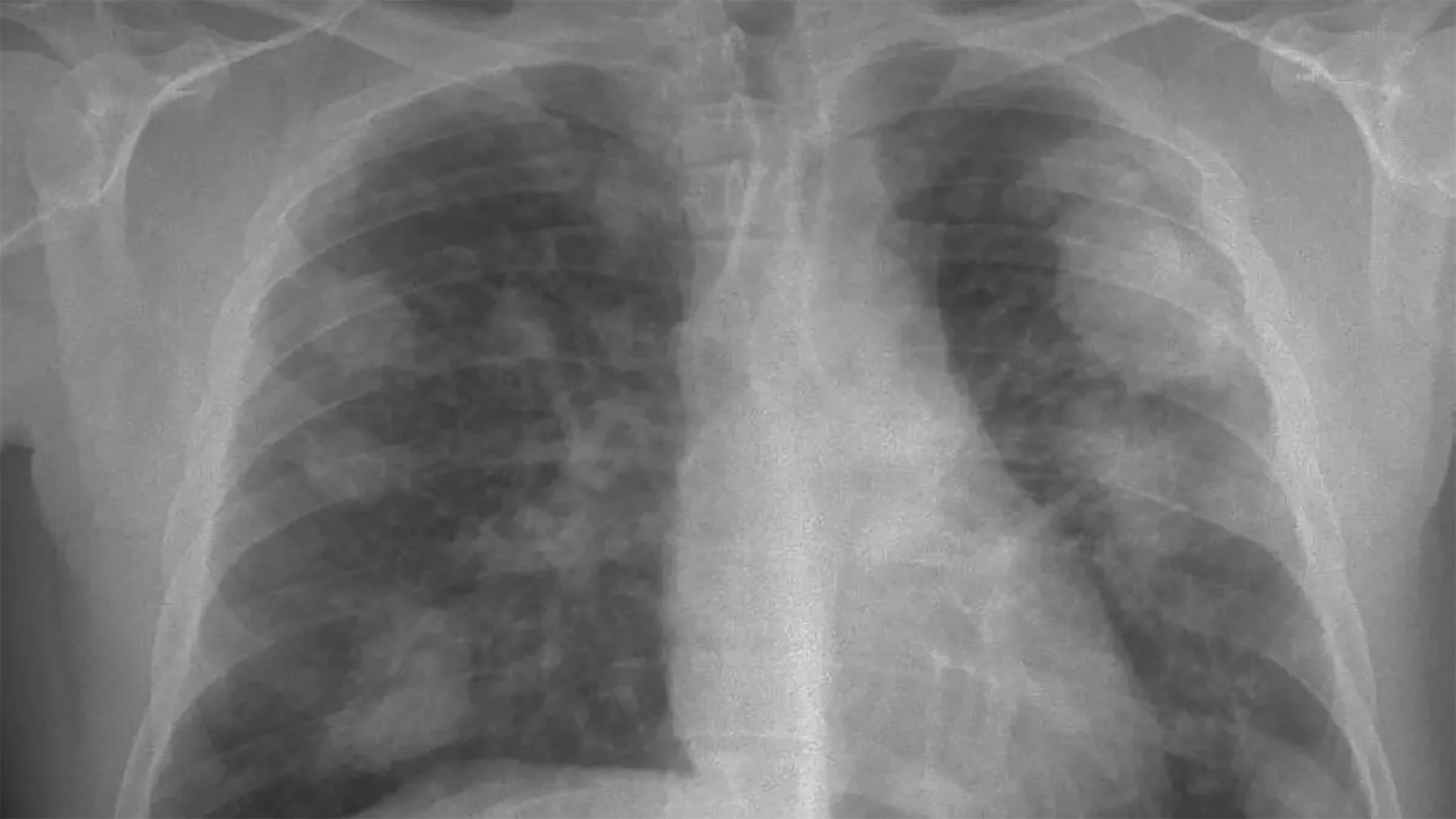Every two minutes a woman dies from problems during pregnancy
- There are great delays and differences in the provision of adequate health care for mothers, according to data published in the last report of several United Nations organizations. In two out of eight UN regions (Europe and North America, and Latin America and the Caribbean) maternal mortality has increased between 2016 and 2020 by 17% and 15%.

Every two minutes a woman dies during pregnancy or childbirth, according to data published in the last report of several United Nations organizations. The report shows the continuation of maternal mortality worldwide between 2000 and 2020. An alarming setback has emerged. In fact, maternal mortality has increased in almost all regions of the world.
Tedros Adhanom Ghebreyesus, Director-General of the World Health Organization, said that "although pregnancy should be a time of great hope and a positive experience for all women, it is a very dangerous experience for millions of women around the world." She adds that the new statistics have made it clear that all women need health services before childbirth.
"For millions of families, the miracle of childbirth is blurred by the tragedy of maternal mortality," says UNICEF Executive Director Catherine Russell. "No mother should be afraid for her life when she brings a child to the world, especially when she has knowledge and tools to deal with the usual problems. Equity in health care means that all mothers, regardless of their identity or place of residence, can have a safe delivery and a healthy future with their family".
In absolute terms, the poorest regions of the world and countries in conflict are the worst situations, especially with regard to maternal mortality. By 2020, about 70 per cent of maternal deaths have occurred in sub-Saharan Africa. In nine countries with severe humanitarian crises, maternal mortality rates have considerably doubled the global average.
An estimated 287,000 mothers died worldwide in 2020. This figure represents a slight decrease from the death of 309,000 deceased mothers 2016.urtean when the United Nations Sustainable Development Goals were launched. Despite some progress, the World Health Organization has noted that progress has stagnated and in some cases has regressed.
In two out of eight UN regions (Europe and North America, and Latin America and the Caribbean) maternal mortality has increased between 2016 and 2020 by 17% and 15%. It has stopped in other regions. However, the report indicates that progress can be made. For example, Australia and New Zealand, and Central Asia and South Asia have significantly reduced maternal mortality rates, 35 per cent and 16 per cent respectively, as have 31 other countries.
Causes and solution of death
The main causes of death are severe bleeding, hypertension, pregnancy-related infections, complications from at-risk abortions, and diseases that can worsen during pregnancy, such as AIDS and malaria. All this can be prevented and treated, to a large extent, with the possibility of respectful and high quality health care, as reported by the WHO.
Community-based basic health care can meet the needs of women, girls and adolescents and access critical services such as instrumented births and prenatal and postnatal care, infant vaccines, nutrition and family planning. However, the financing of basic health care systems, the lack of qualified health care staff and the vulnerability of medical supply chains jeopardise progress.
Approximately one third of women lack the eight recommended antenatal check-ups or basic postnatal care, while 270 million women lack a modern method of family planning. Control of reproductive health is essential for women to have planned reproduction and to protect their health. Inequities related to income, education, race or ethnicity further increase the risks for marginalized pregnant women, who are the least likely to receive basic maternity care, but are the most likely to experience health problems during pregnancy.
"Reducing maternal mortality remains one of the most serious challenges in global health," said John Wilmoth, director of the Population Division of the United Nations Department of Economic and Social Affairs. "Ending foreseeable maternal mortality and providing universal access to quality maternal health care requires permanent international efforts and unwavering commitments, especially for the most vulnerable populations. It is the responsibility of all to give birth and prosperity to all mothers, whatever they may be, with their children".








.jpg)











